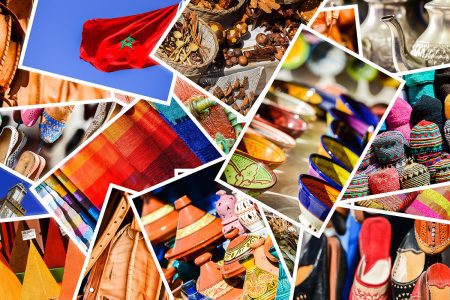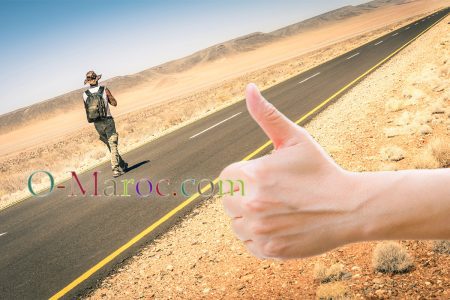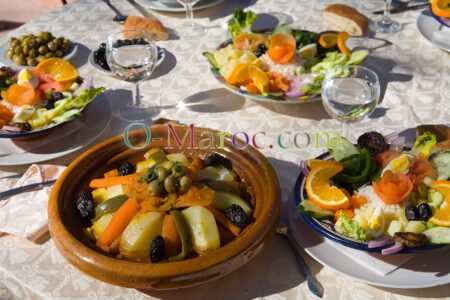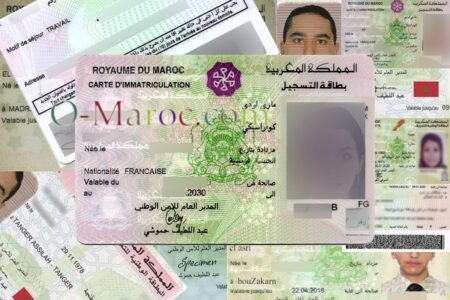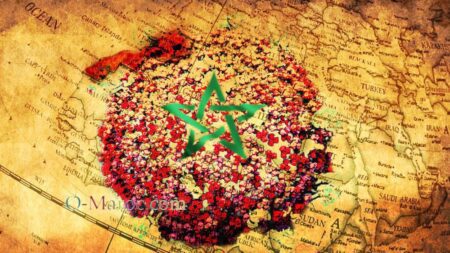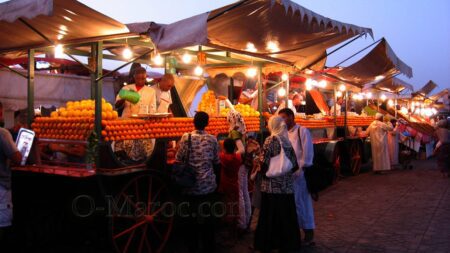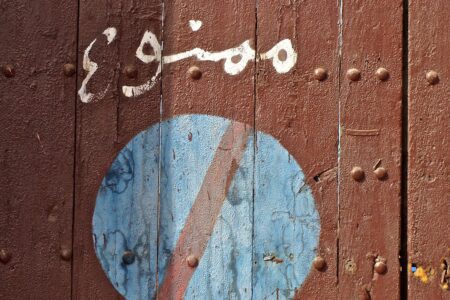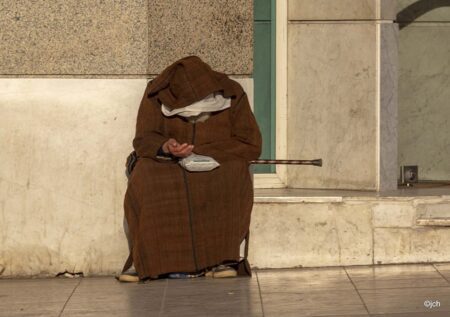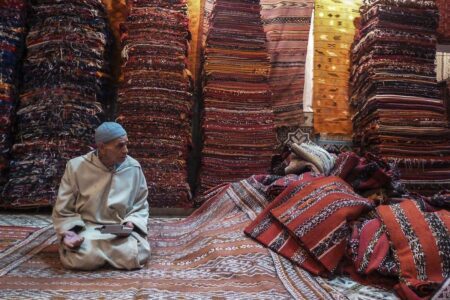How do you bring back your favourite purchases made during a trip to Morocco? And what are you allowed to take with you without formalities?
Practical Morocco
Preparing your holiday or stay in Morocco
- From time to time, despite tolerance, tourists may be refused entry because they do not have a passport, so check your papers well in advance.
- The dirham is not yet convertible, and freedom of exchange is gradually, but very slowly, being introduced. Here’s how to manage your money in Morocco.
- Choosing how to get to Morocco, by road or by air, and above all how to get around inside the country: is the moroccan road as dangerous as it is made out to be?
- Being in a relation with a Moroccan, what you can and can’t do, depending on your papers.
- Sometimes you just don’t want to leave: advice on settling in Morocco.
- A few things don'ts to avoid getting into trouble
- What to do in the event of a problem?
- Use – or not use – corruption.
Moroccan law is a mixture of French legal tradition and Muslim law, at least as far as people are concerned. Added to this is the charm of Moroccan civil servants, in an administration that can be both very modern (with formalities carried out via the internet) and totally archaic. Most laws and regulations are not easy to obtain, and practice varies from one official to another. There’s what the law says, and in some areas, what is practised. And what is practised may be different in the north, in Tangier, in Casablanca, or in the south.
But overall, Morocco is moving towards greater rigour and transparency. So it’s up to you to decide what to do, and what not to do…
Hitchhiking is not a popular means of transport in Morocco. Drivers do not want to pick up strangers, especially foreigners.
Moroccan gastronomy from the simplest to the most complex, with the arrival of foreign cuisines, the wide range of what you can eat in Morocco
Passport, visa, online application, AEVM ... the complete guide to the papers you need to enter Morocco, for each case!
There are three types of residence permit in Morocco: registration, residence and travel documents for minors.
How to get to - and from - Morocco? The borders are not (totally) closed, but travel possibilities are restricted.
How can you avoid intestinal problems, commonly known as "tourista" when visiting Morocco? With a few simple rules of hygiene, everything will go well and your trip will be pleasant.
What to do in the event of a problem? Good and bad reactions, good reflexes for quick solutions.
What not to do in Morocco, to avoid problems: there are still a few taboos in Moroccan society that must be respected.
Getting around Morocco for your holidays: how to get there and how to get around cheaply
Morocco remains a poor country, where begging is commonplace. But begging is also a tourist industry, which should not be encouraged.
Moroccan hospitality is real, sometimes self-serving, more often than not generous. Here's how to make the most of it without abusing or offending your hosts.
Corruption in Morocco, an endemic evil to fight. And a practice to be avoided, when one does not know how.
Dressing while on holiday in Morocco: practicality, comfort and decency towards Moroccans. Getting dressed while living in Morocco: comfort, decency and neatness
Buying in Morocco means knowing how to haggle. This ritual has its own simple rules, so you can buy with pleasure, without emptying your wallet
How do you organise your holiday money in Morocco? Where can you buy dirhams, how can you exchange them when you leave the country, and how easy is it to use your credit card?

